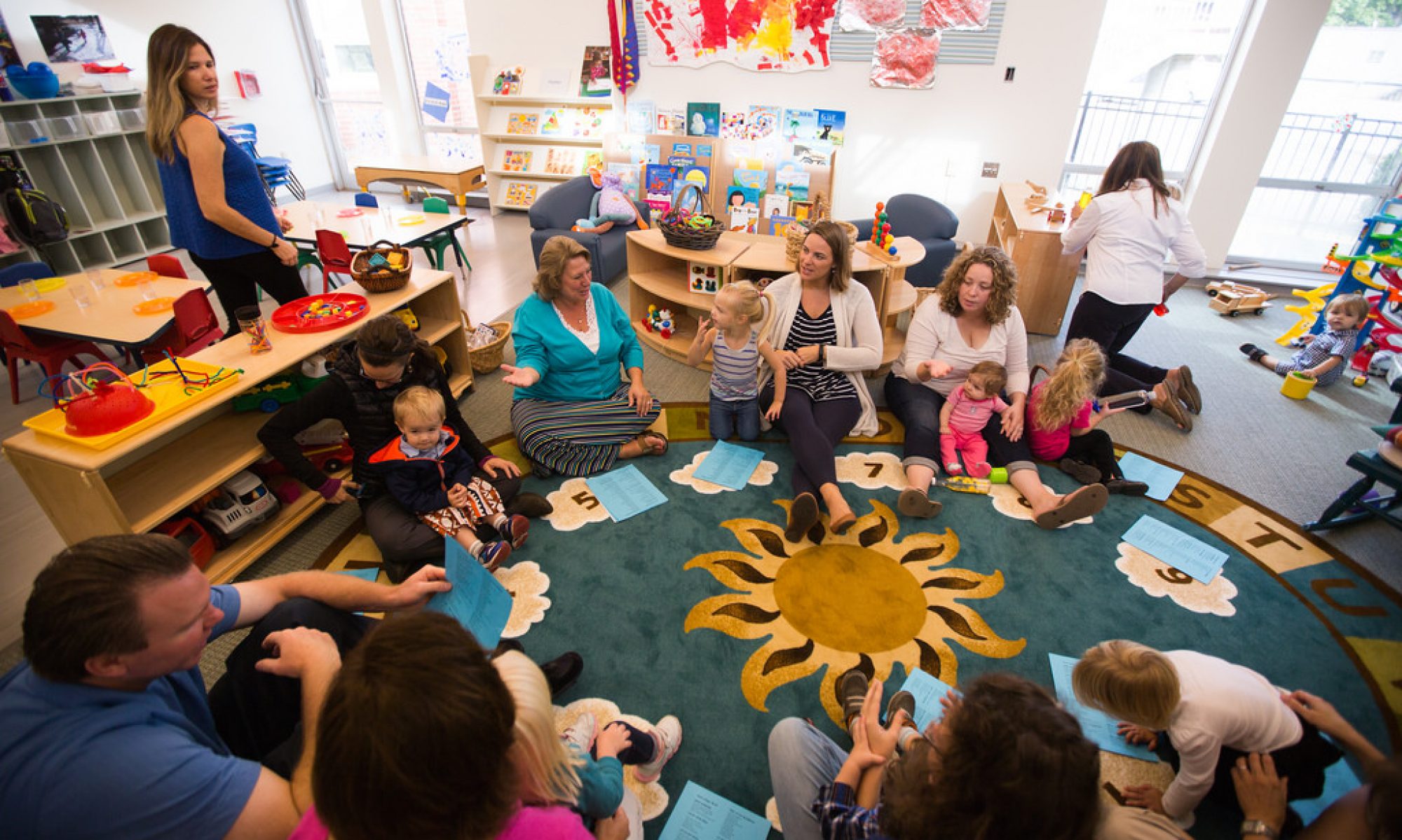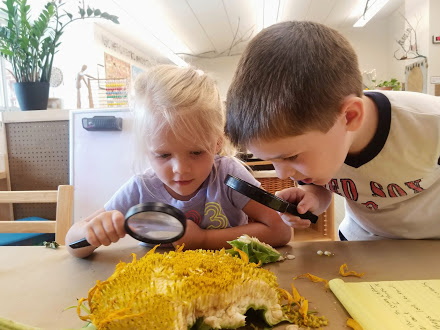The Reggio Emilia Approach is considered an ‘alternative’ educational approach to early childhood learning, but it delivers very mainstream outcomes.
Resilience, responsibility, self confidence, teamwork, problem-solving skills as well as creative and scientific thinking are just some of the benefits of this approach which, from its early beginnings in post-war Italy has grown to become a recognised global leader in innovative and highly effective childhood teaching.
The single biggest point of difference of a Reggio Emilia school is that the child has rights when it comes to their learning. They are recognised as active participants in constructing their own knowledge and they have substantial control over the direction that their learning takes.
Unlike traditional approaches where the school day is determined by a fixed educational theory, there are no pressures of formal learning like reading and writing at Reggio Emilia centres. The curriculum is adaptive and is driven by the child, with the emphasis on exploration, creative expression and active learning in a nurturing and relaxed environment.
Reggio Emilia shouldn’t be seen as an educational method but rather as a learning process that evolves constantly.
Educators and parents aren’t seen as being ‘in charge’ and having all the answers, but are rather seen as partners, collaborators, advocates for their children and co-learners, facilitating and supporting the children in the positive learning process. Adults help the children and children help the adults.
It’s an engaging and thoughtful philosophy which places high value on respect, community involvement and responsibility. It promotes active learning and encourages the child’s social and emotional growth though hands-on activities and experiences that are meaningful to them.
At first glance, this approach may seem very unstructured and difficult to grasp, and some people may even wonder whether all this creativity and freedom would manifest in classroom chaos. But the results speak for themselves.
The approach benefits children because it respects them. It takes them seriously. It sees them as strong, capable and resilient, rich with wonder, knowledge and potential. It breeds greater self-awareness and self-confidence. Children learn about collaboration, teamwork and community. They’re encouraged to be researchers and scientific thinkers, questioning the world around them.
The Reggio Emilia environment inspires children. It’s fun, stimulating, exciting, nurturing and safe and it’s always carefully curated to encourage creative thinking and expression.
The benefits to children are many and varied, but perhaps the most valuable advantage of this globally powerful early learning approach is that it does what all educational models strive for but don’t always achieve – it ignites a love of learning.
Reprinted from https://earlylearningandkinder.com.au/reggio-emilia-approach-benefits-children/

